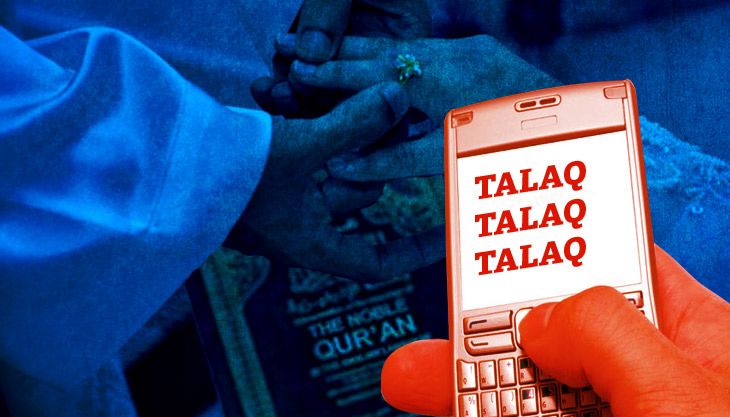India is a country which is known for its unity in diversity. It is a land of great diversity in terms of people, language, culture, religion and landscape. As things stand there are different laws governing these different aspects for different communities in India. Thus, the laws governing inheritance or divorce among Hindus would e different from those relevant to Muslims or Christians and other minority communities. This is where the term Uniform Civil code is introduced to cover the entire body of laws governing rights relating to property and otherwise in private matters like – marriage, divorce, maintenance, adoption, and inheritance.
The demand for a uniform civil code seeks to unify or unite all the personal laws so as to have one single set of secular laws dealing with these aspects that will apply to all citizens of India irrespective of the community they belong to.
The Constitutional Provision:
Article 44 in the Directive Principles of State Policy laid down in the constitution asserts “The state shall endeavor to secure for the citizens a uniform civil code throughout the territory of India.” As article 37 of the constitution itself makes it clear, the directive principles shall not be enforceable by any court. Nevertheless, they are fundamental in the governance of the country.
What does the Supreme court have to offer?
While hearing a case relating to whether the Christian has the right to bestow property to the charity , the court rejected the fact that the state had not yet implemented a Uniform Civil Code.
There have been several other occasions- like during the Shah Bano case and later the Sarla Mudgal case — where too the apex court has come out strongly in favor of the enactment of a Uniform Civil Code. Since these comments are not binding or sticking to the executive or legislature, at the best they expend some moral pressure on the government to move towards formulating a Uniform Civil Code.
How is the road ahead?
The implementation of a Uniform Civil Code would not necessarily mean that the Hindu code would be imposed on all the other citizens from different communities of the country.
